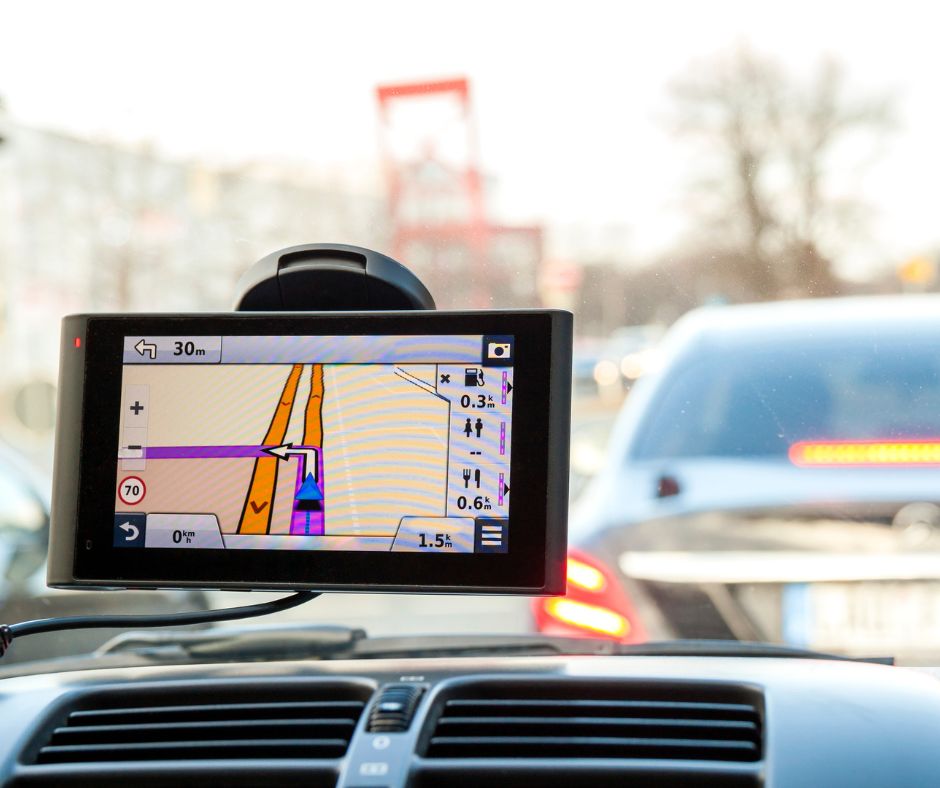

Location tracking has become an essential element of modern life, with people prepared to share their movements via applications, social media platforms, and other digital services. This phenomenon has been fostered in New Zealand, as elsewhere, by the ease of use of navigation apps, location-based services, and the incorporation of geolocation elements into daily applications. While these technologies provide unquestionable benefits, they also raise serious concerns regarding consumers' awareness of and permission to gather and use their location data.
The fast deployment of location-tracking technology has overtaken the development of effective regulatory frameworks to safeguard persons' privacy. Privacy regulations in New Zealand, like those in many other nations, are struggling to keep up with technological advances. The Privacy Act of 2020 is a move in the right way, strengthening individuals' rights while requiring corporations to manage personal information properly. However, the growing nature of technology needs ongoing monitoring and upgrades to guarantee that privacy rights are not jeopardized.
The privacy paradox arises when people readily accept the advantages provided by location monitoring while being mostly ignorant of the possible hazards to their privacy. Unauthorized access to location data, spying, and the danger of data breaches all raise serious issues. Location data may be used for a variety of purposes, including targeted advertising, tracking people without their knowledge, and perhaps assisting criminal activity. Balancing technological innovation with privacy protection is a significant concern for governments and society as a whole.
The ethical implications of GPS tracking cannot be ignored. While these technologies provide unprecedented ease, there is a need for openness and informed permission when collecting and using location data. Individuals must be empowered with the knowledge and tools they need to regulate their privacy settings. Furthermore, businesses and organizations must adhere to ethical guidelines while using location data, ensuring that user permission is real and not gained through deceptive means.
In conclusion, the privacy dilemma around location monitoring in New Zealand exemplifies the complicated interaction of technical innovation, human convenience, and the necessity for strong privacy protection. As the country navigates the digital world, it is critical to establish a balance that encourages innovation while protecting its residents' privacy rights. A thorough legal framework, ethical considerations, and informed consent are critical components in tackling the privacy concerns posed by location monitoring, ensuring that New Zealanders may reap the benefits of the connection while protecting their basic right to privacy.
Visit our website https://nextelle.co.nz/.
#GPS #LocationTracking #Privacy #NextelleWIreless











